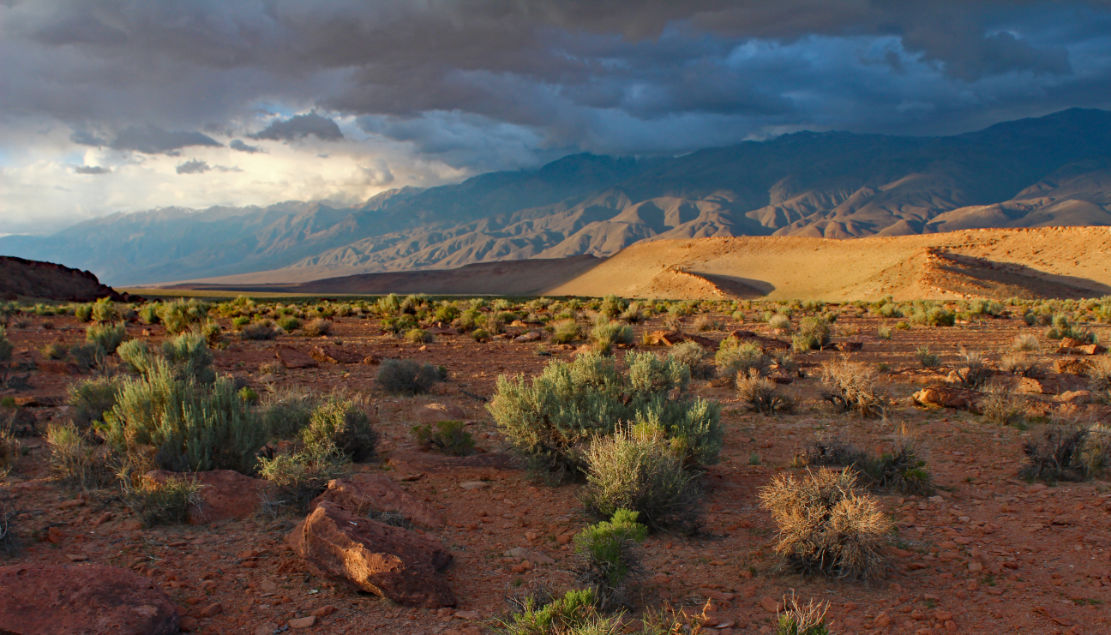
BOONDOCKING WAS AN ADJUSTMENT FOR ME. It wasn’t the alone part that bothered me. I’m an introvert, so solitude was pretty much my natural state. What freaked me out was the silence. That was an unfamiliar experience.
Like nearly everyone, I had grown accustomed to the constant background noise of ordinary life. Humming, buzzing, squeaking, clinking, clanking, dinging, thumping, banging, crashing, talking, shouting, crying, radios, televisions, Muzak…
We tune it out. Our brain diverts the unnecessary sounds away from our awareness — until something changes. Have you ever had those moments when you notice a low level background noise — the refrigerator, perhaps — only a second before it stops? I’m no neurologist, but I think the sound had already stopped an instant before we became aware of it, and our brain is playing back the tape to explain the change in the background noise. “Don’t panic. It was just a machine cycling off, not a predator sneaking up on you.”
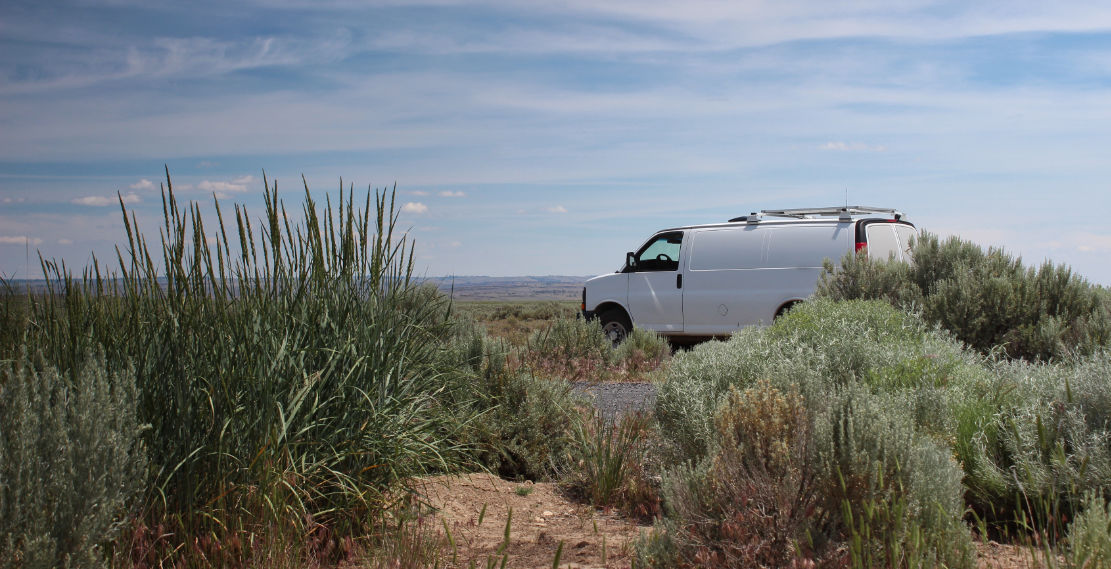
The fewer sounds, the better
Even though we spend much of our time unaware of all the sounds around us, those sounds — the noise pollution — can still have physical effects on our health, worsening or even causing things like cardiovascular disease, type 2 diabetes, sleep disturbances, stress, memory impairment, attention deficits, and possibly dementia.
There are far fewer sounds out in the boonies, and most of them are natural. Wind, flowing water, birds, insects, coyotes… Often it’s so quiet we hear things we might never have heard before, like our heartbeat. Or it’s so quiet it’s impossible to ignore annoying sounds we can otherwise tune out. Greetings, fellow tinnitus sufferers. When an outside sound does break the silence, it really stands out. “What’s that?!? A pine cone dropping or someone skulking around out there? Is that hissing just the breeze through the trees or a tire going flat? And what was that click?”
I once spent part of a very quiet evening trying to locate and identify a soft ping-a-tee-ping-a-ling-ping sound. I finally realized it was carbonation bubbles popping in my Diet Coke can.

I’ve heard a lot of new sounds out in the deserts, forests, and grasslands, but only because the noises of civilization were rare. And, because of the relative silence, those sounds seem nearer than they are.
It has been my experience that my mind opens up more, is clearer and more imaginative when part of my brain isn’t occupied with processing and compartmentalizing the sounds around me. I can release mental and physical tension. There’s a reason they call it peace and quiet instead of peace and noisey.
Too much silence can be a bad thing
Although less noise is better for us, it can have drawbacks. Back in the 19th century there were reports that many settlers on the Great Plains were becoming irritable, anxious, depressed and even violent. Some were reported to have gone insane. They called it “prairie madness.”
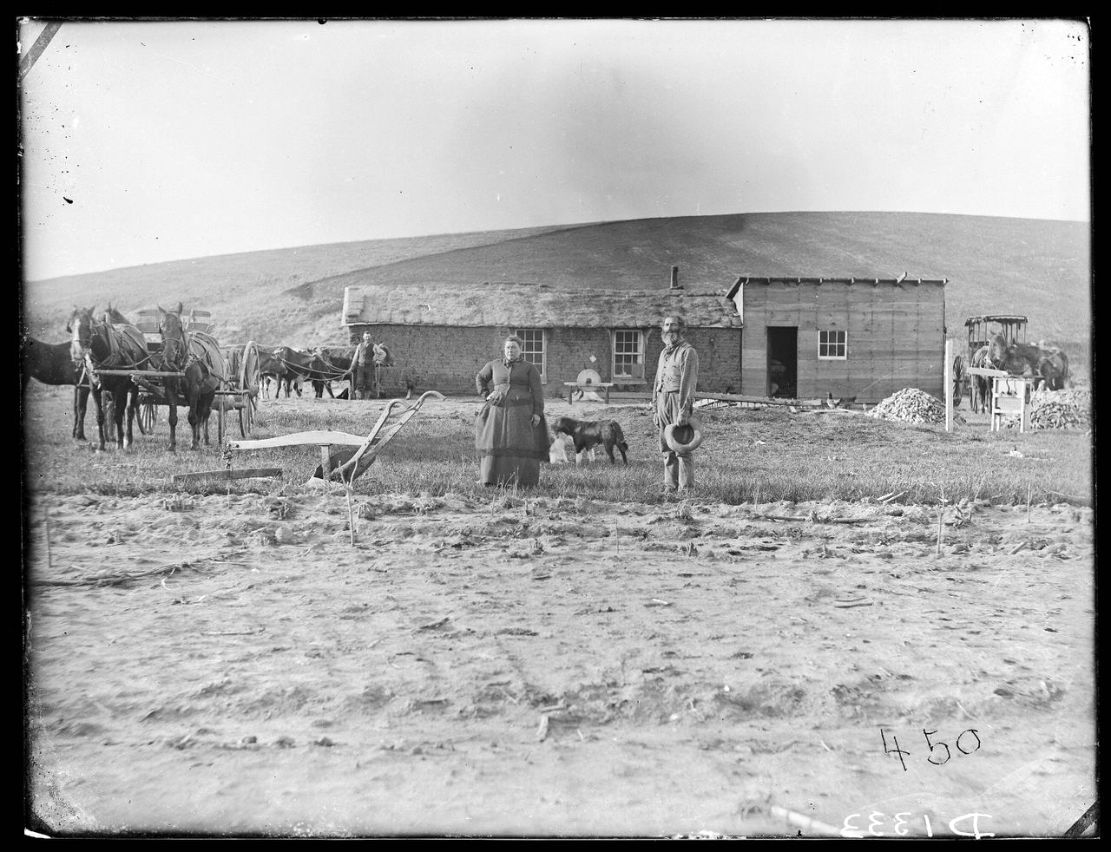
One cause was the isolation and the bleak conditions. They were away from family, friends and the life they once had, with the closest neighbors miles away. (Sort of like us nomads, but anchored to their farms and sod houses.)
But another cause of the mental instability was the quietness. Without the white noise of their former habitat, they felt disconnected, disoriented, and very alone. That was especially true in winter. They called it “the silence of death.” And when it wasn’t silent, the relentless wind howled around them, drowning out other sounds. It was a form of sensory deprivation.
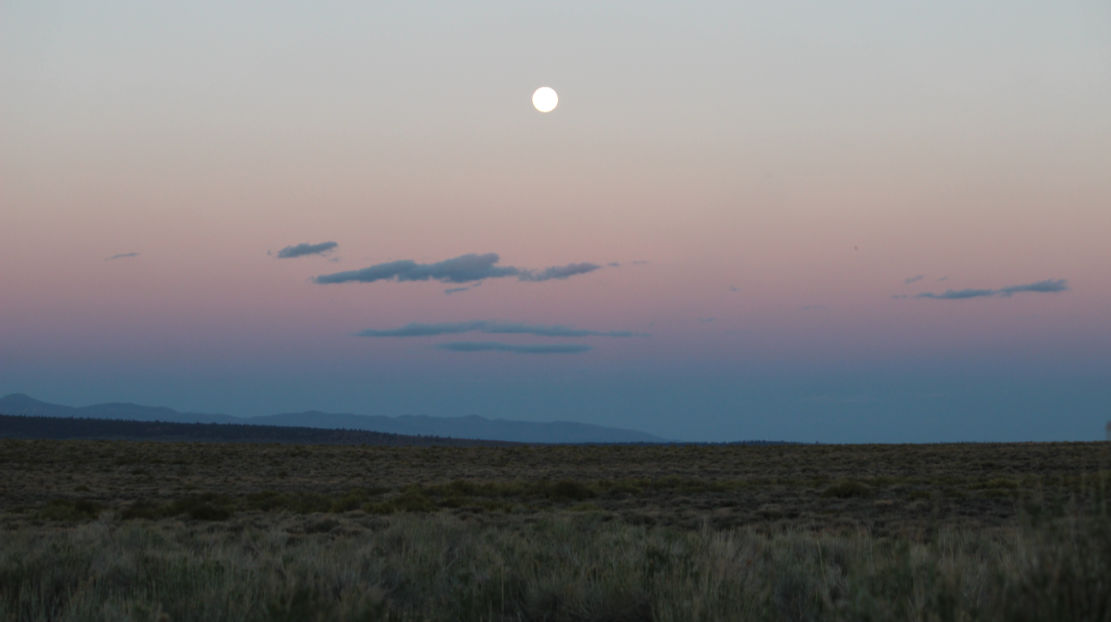
As a tinnitus sufferer, my world is never totally silent. I’ve started listening to audio tracks designed to mask the frequencies ringing in our head. They say if we listen to the right frequencies long enough we might shift things in our auditory system away from the annoying squeals. Hmmm, what? Away from one noise to a different one? I don’t know if this will work for my tinnitus, but it does function somewhat like noise cancelling headphones. And when I let myself become absorbed in the therapeutic sound, it’s like meditation. But I prefer natural sounds, like a babbling stream or the roar of the surf. And the visuals are much better. Out there, away from it all.
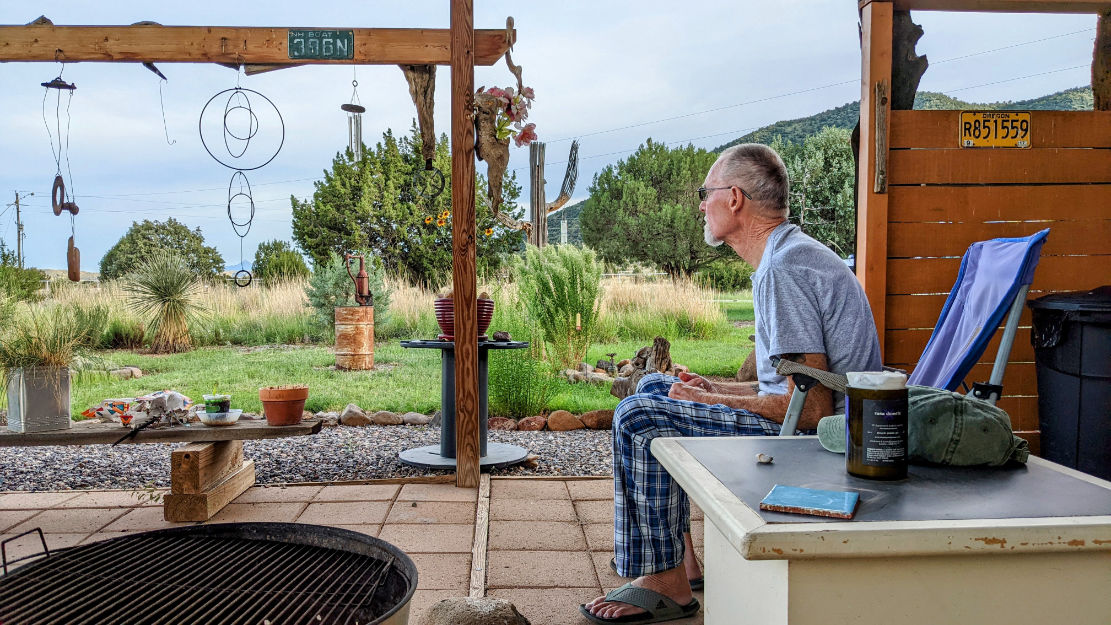
Coda
The sun was low on a mid-August evening and the air was clean from the morning rain. It was about 75 degrees. Lou and I sat on his patio, not saying much, watching one of the local rabbits forage at the edge of the tall grass.
“I’m enjoying this moment,” I said.
“Yes. It’s nice when it’s so quiet you can hear the hummingbird wings.”

Ahhh yes, the quiet, it’s one of the first things I noticed about living off grid, on a mountain side, in the high desert of far west Texas, it was so quiet there was sometimes a phantom roar in my ears, I wonder if it was my brain trying to figure out what to do with the auditory part of my brain that had very little to do 🙂
Another thing I’ve discovered, when I do go back to the city to visit, the noise level really REALLY bothers me, the sound of unrelenting traffic in the background, the sounds of people, machinery and all the other sounds of normal city life, I seriously don’t miss that. It is a whole ‘nother world.
I really chuckled at the coke can bubbles! And I’ve often been briefly startled by a pinecone. I’m transitioning out of full-time nomad life for a while and people notice how quiet my home is. I just started a medicine that is causing tinnitus and I understand how you feel. The sound is a constant, unwelcome companion.
Judy S.. hi !!
Tinnitus ? yes, it a pain in the tuJe, but let it be, listen to it over & over especially when you go to sleep; don’t fight it, there are no chances to win, go along with it & eventually it will become ‘ just another unwanted noise ‘. The more you fight it the louder & more annoying it becomes, GO WITH THE FLOW.
There is a song by Marty Robbins “Man walks among us” it’s hard to find but if you haven’t heard it I think you will enjoy it
Hi Patti, that’s a beautiful song!
https://youtu.be/SkgrrEUO5hU
As an introvert and someone who becomes traumatized by over stimulation, I LOVE this article.
Excellent article about one of five inputs before and after our brain has had time to process. Great humor as I recall spending 5 minutes at a tire only to find my travel cup with carbonated beverage leaking! Fortunately, I find solace in music when silence is too intense. I carry a cancellation song (Lou Reed “Sitting on the Dock of the Bay”) to cancel any unwanted ear wigs / jingles that linger.
My new dentist said I could pick the music. I chose silence. Then he and his assistant chatted all though my procedure. Ugh! Think I should have picked some music?
Linda sand: Ha ha ha yes, U should have picked some music. Now U know, next time do so !! ?